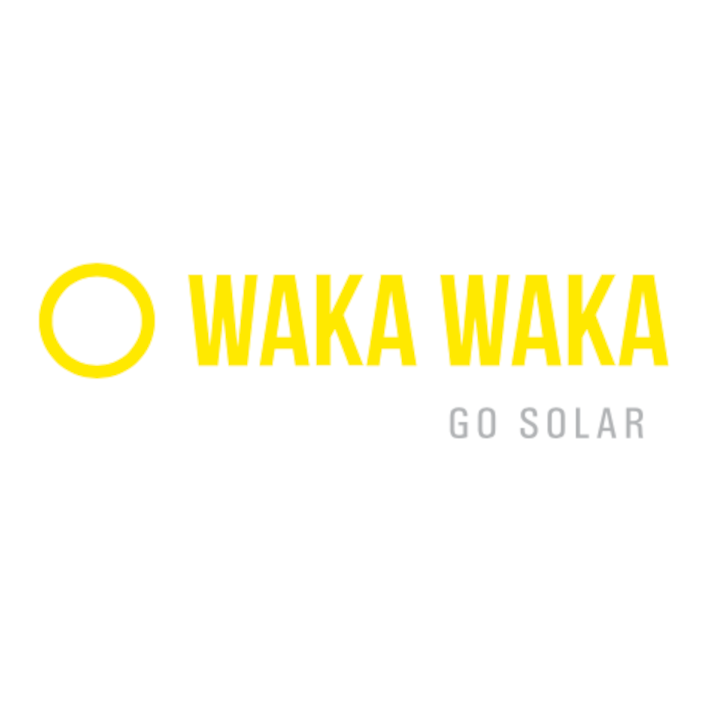


Waka Waka is a social enterprise in the Netherlands established in 2010. It sells durable and portable solar torches, while at the same time donates and delivers torches to people in less developed countries who live in areas without electricity.
Challenge
In 2019, there were 759 million people in the world who did not have access to electricity (World Bank, 2021), most of them living in developing countries. Access to electricity is a crucial criterion for poverty alleviation, economic growth and improvement of quality of life (Panos, Densing & Volkart, 2016), as it can facilitate better living conditions for people. More importantly, children without access to electricity would likely be derived of adequate education, which in turn worsens intergenerational poverty as the children are not better equipped to break away from the vicious cycle.
Solution
Waka Waka, with its NGO Waka Waka Foundation, has adopted a hybrid business model to make a profit and help the needy at the same time (Rainbow Collection, 2016). Firstly, Waka Waka donates one solar torch to families living in areas without electricity when one solar torch is sold in the West. To avoid interfering with the local economy in those countries, Waka Waka only donates torches to families who are in conflict zones or have just experienced natural disasters. At the same time, Waka Waka Foundation receives donations from people to donate the torches to those families. Secondly, Waka Waka sells its products in Rwanda by selling a scratch card at a low price to people to activate the torches. Apart from this, Waka Waka also takes into consideration the environmental impact of its products. They work to minimise the carbon emissions produced by the torches; except for the solar panels, the other parts of the torches are made of 100% cadmium-free recycled plastics; and no pollutant adhesives or toxic chemicals were used during assembly, meaning that the torches can be dissembled and recycled when it reaches the end of its product lifecycle.
Impact
Since its establishment, Waka Waka has cooperated with different partners in 330 projects and has provided solar torches to nearly 1.3 million people around the world. Its efforts displace about 440,000 tons of carbon dioxide each year and produce over 1.4 billion extra hours for work and study per year. This may be able to facilitate better living conditions and more educational opportunities for the children. Moreover, Waka Waka is also recognized internationally. The company is a certified B corporation recognising its efforts to balance between philanthropy and profits. Waka Waka also won the Energy Globe Award 2020 for its work on establishing a Solar Library in Rwanda, which lent solar torches to school children. This project enabled children to do homework and revision in the evening without incurring huge electricity costs. It was suggested that with better school results, children in Rwanda might have brighter prospects (Waka Waka, 2020). Therefore, the impact of Waka Waka covers different arenas of sustainability and creates blended values for better society.
Reference
Panos, E., Densing, M., & Volkart, K. (2016). Access to electricity in the World Energy Council’s global energy scenarios: An outlook for developing regions until 2030. Energy strategy reviews, 9, 28-49.
Rainbow Collection. (2016, October 13). Waka Waka – Share the sun. Retrieved at: https://rainbowcollection.nl/wakawaka-share-the-sun/.
Waka Waka. (2020, July 22). Waka Waka wins the Energy Globe Award 2020. Retrieved at: https://waka-waka.com/en/2020/07/wakawaka-wins-the-energy-globe-award-2020/.
World Bank. (2021, June 7). Report: Universal access to sustainable will remain elusive without addressing inequalities. Retrieved at: https://www.worldbank.org/en/news/press-release/2021/06/07/report-universal-access-to-sustainable-energy-will-remain-elusive-without-addressing-inequalities.